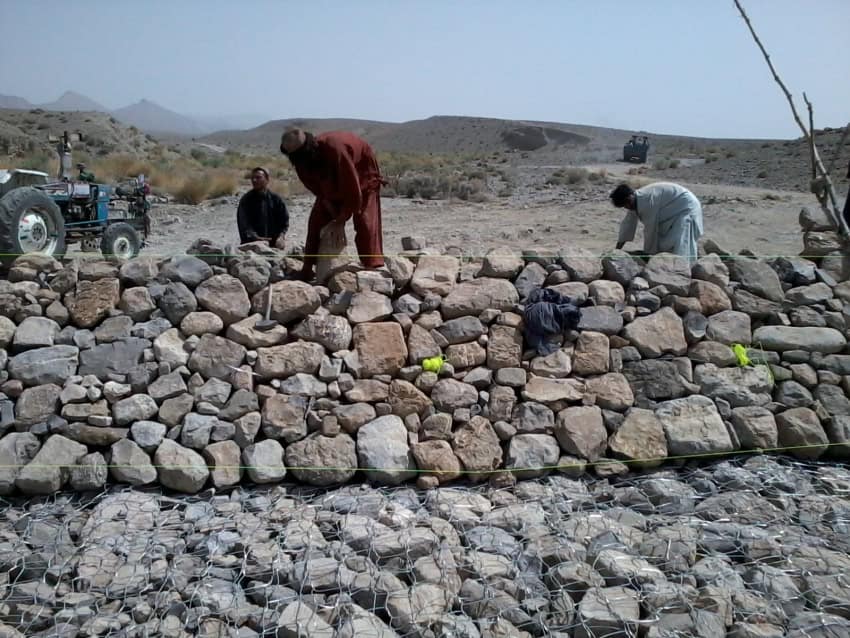During the last 15 years, Pakistan has been hit by several natural disasters including earthquakes, flash floods, torrential rains, urban flooding, and changing weather patterns. This has resulted in serious and immeasurable damage, affecting human life, property, farmland and livestock. Thus, the International Day for Disasters Reduction serves as a reminder for countries like Pakistan to evolve the right policies and take immediate action to address the threats to avert future challenges.
This day gives us an opportunity to rethink our approach towards disaster management and assess our capacity for the future. Despite millions having suffered due to natural disasters across the country, we still seem to fail to learn from our inaction and continue to remain in extreme vulnerability in the face of such calamities. It is time for us to take ownership as a nation to protect the vulnerable from these natural and man-made disasters with a proactive approach.
The first step is to prepare ourselves better including our routine lives, infrastructure, and system of the country to be able to deal with natural disasters, what is called risk assessment and planning. Secondly, we should work towards prevention strategies for such disasters on a long-term basis to minimize economic losses.
Pakistan Poverty Alleviation Fund (PPAF) is one such institution which has set up a specialized disaster management unit to provide planning relief and rehabilitation activities for peoples affected by natural calamities across the country.PPAF works not only in immediate disaster relief but also to ensure long term support through its livelihoods, health, education, infrastructure, disaster management and preparedness and credentials.
The organization has put huge resources on different rehabilitation projects across the country, which ultimately gives a lease of life to the vulnerable and allows people to come out of the vicious cycle of poverty. PPAF is implementing ‘Building Resilience to Disasters & Climate Change (BRDCC)’ project in eight districts across the country. The initiative is, co-financed by National Disaster Risk Management Fund (NDRMF).
The project is designed to strengthen the readiness of the communities through establishing an institutional framework to mobilize communities, understand their special vulnerabilities to natural hazards, and design structural and non-structural measures. The intervention is expected to benefit vulnerable populations of more than 200,000 people through the construction of flood protection walls, with a cumulative length of 36 KM in a short span of time. It is also likely to protect cultivable land of around 4,000 hectares from flash floods and rainwater erosion in the target areas.
Similarly, PPAF has worked on another project in collaboration with KfW (German Development Bank) to build the capacity of communities in six districts of KP, namely Nowshera, Haripur, Swabi, Buner, D.I.
Khan, and Charsadda.The program helped in preventing the potential losses caused by the natural hazards through the formation of 164 Village Disaster Mitigation Committees and the construction of 26 disaster mitigation structures.
Moreover, PPAF’s work is also aligned with the vision of the National Disaster Risk Policy (2013), which says: “A Pakistan that continuously builds up its resilience to shocks from natural and man-made hazards” Pakistan has been hard hit by global warming and climate change, resulting in colossal damage to human life, property, farmland and livestock. From powerful earthquake to torrential rains, families and communities have suffered immeasurably. PPAF works not only in immediate disaster relief but also ensures long term support through its livelihoods, health, education, infrastructure support programs.
Pakistan needs to focus the ways to reduce the risk of disasters through a multi-pronged strategy mainly through the collaboration with the public and private sector. In this way, we can sustain the gains of economic growth and reduce poverty in a viable way that encourages every citizen and government to take part in building more disaster-resilient communities.
The writer is a Karachi based journalist and can be reached at yasir.apr@gmail.com.














